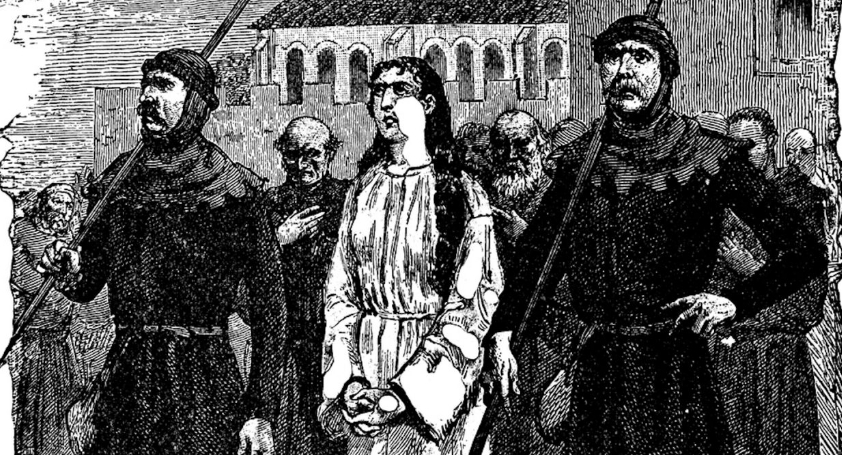Scotland has decided not to proceed with a bill that would have pardoned thousands of people who were convicted of witchcraft between 1563 and 1736. The bill, proposed by SNP MSP Natalie Don, was launched in June 2022 after First Minister Nicola Sturgeon apologised to those who were persecuted under the Witchcraft Act on International Women’s Day. However, after a public consultation, the Scottish Government said that the bill was not necessary and could have unintended consequences.
Why was the bill proposed?
The bill aimed to pardon around 2,500 people, mostly women, who were accused, tried and executed for witchcraft in Scotland during the period when the Witchcraft Act was in force. The bill also sought to recognise the historical and social context of the witch trials, and to raise awareness of the ongoing persecution of people accused of witchcraft in some parts of the world today. The bill was supported by the Witches of Scotland campaign group, which said that the pardons would bring some posthumous justice to the victims and send a strong message against discrimination and violence.
What were the arguments against the bill?
The Scottish Government said that it received 1,036 responses to the consultation, of which 58% were in favour of the bill and 42% were against it. The main arguments against the bill were:

- The bill would not change the historical record or undo the harm done to the victims.
- The bill would imply that the people convicted of witchcraft were guilty of a crime, rather than innocent victims of a miscarriage of justice.
- The bill would be anachronistic and inappropriate, as the legal and social norms of the past were different from those of the present.
- The bill would open the door for other groups of people who suffered historical injustices to seek pardons, which could be problematic and divisive.
- The bill would divert attention and resources from addressing the current issues of human rights and gender equality.
What is the alternative to the bill?
The Scottish Government said that it appreciated the intention behind the bill, but that it was not the best way to achieve its objectives. Instead, it suggested that other measures could be taken to honour the memory of the victims of the witch trials, such as:
- Supporting educational and cultural initiatives that raise awareness of the history and impact of the witch trials, and of the ongoing persecution of people accused of witchcraft in some parts of the world today.
- Encouraging local authorities and communities to erect plaques, monuments or memorials to commemorate the victims of the witch trials in their areas.
- Promoting research and scholarship on the witch trials and their legacy, and making the historical records and sources more accessible to the public.
- Continuing to uphold and advance the principles of human rights, equality and justice for all people, especially women and girls, who face discrimination and violence.
The Scottish Government said that it would work with the Witches of Scotland campaign group and other stakeholders to explore these options and to ensure that the victims of the witch trials are remembered and respected.


















